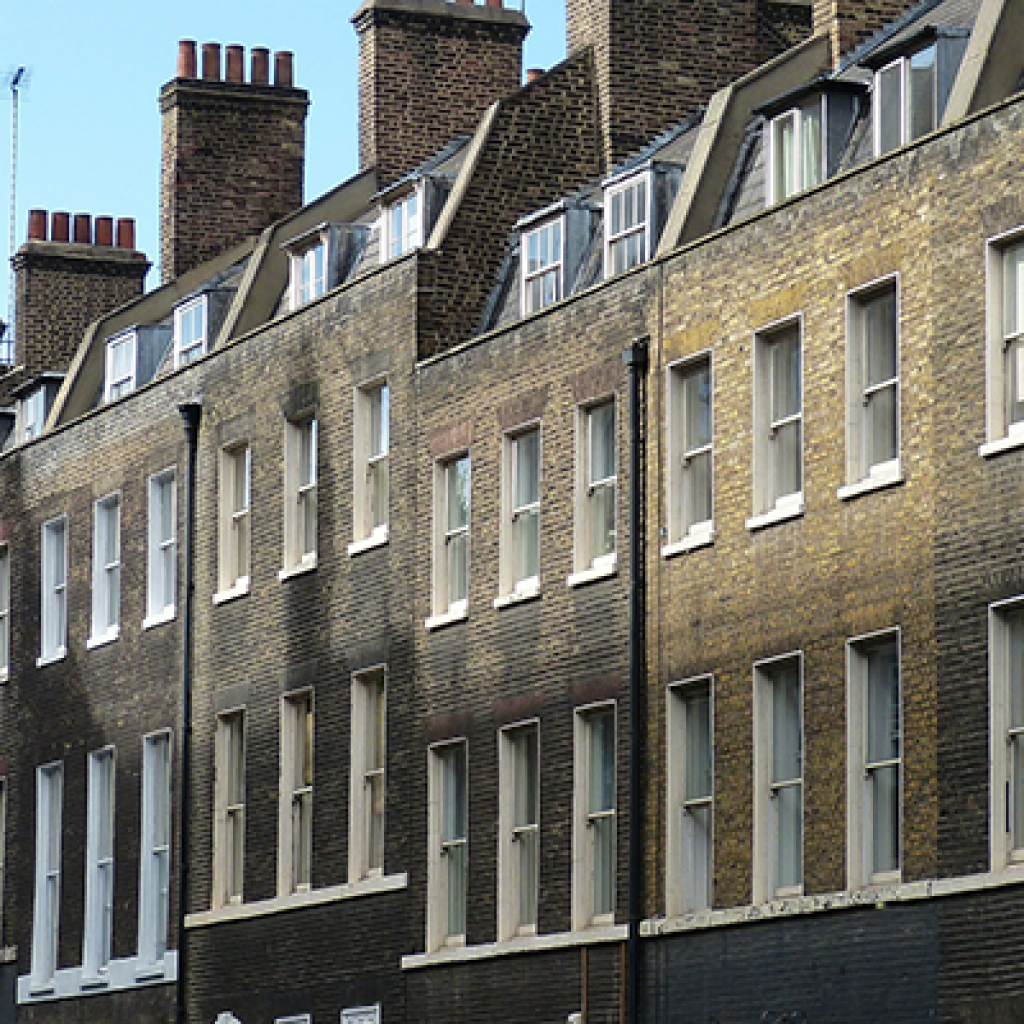Reforms to stamp duty have hit the high end luxury housing market as hard as the uncertainty ahead of last year’s election, according to developers London and South-east based developers Berkeley.
The FTSE 100 listed company published it’s interim management report for the period 1st November to 29th February today and says since the middle of last year they have sold “a similar number [of properties] to the same period in 2014/15, when the market slowed in the run-up to the General Election.”
They also say the UK has “one of the world’s highest property taxation regimes”
The report states: “For Berkeley, reservations are approximately 4% lower than in 2014/15 due to a change in mix of product and the strength of the forward sales secured in recent years. In spite of global macro uncertainty, including the impending UK European Referendum, underlying demand has remained strong.
“Transaction levels at the upper end of the housing market have been affected by the significant increase in transaction taxes over the last 18 months which will have consequential effects on both social mobility and the supply of new homes.”
The company say they welcome the government’s attempts to improve supply but “are concerned that supply may not respond positively due a number of inter-related factors which include: complex and sometimes conflicting policies around planning and affordable housing; competing demands on limited and reducing public sector resources; and one of the world’s highest property taxation regimes.”
This week it reported progress on plans to build 1,100 homes for private rental as part of a 3,500 home development in partnership with the Greater London Authority in Newham in east London, Berkeley’s biggest rental scheme to date.
Shore Capital analyst Robin Hardy told The Guardian: “It’s clear that Berkeley is repositioning for a very different business profile, buying sites for flats in outer London boroughs and increasingly it would appear more sites for mainstream family housing with sites such as Ascot or Winchester.
“We’d still expect the group to have a bias towards the more expensive end of the market, and these locations support that, and good margins can be made but the super-normal margins that London has produced and the very rapid pace of sales is likely to be very hard to repeat.”




















